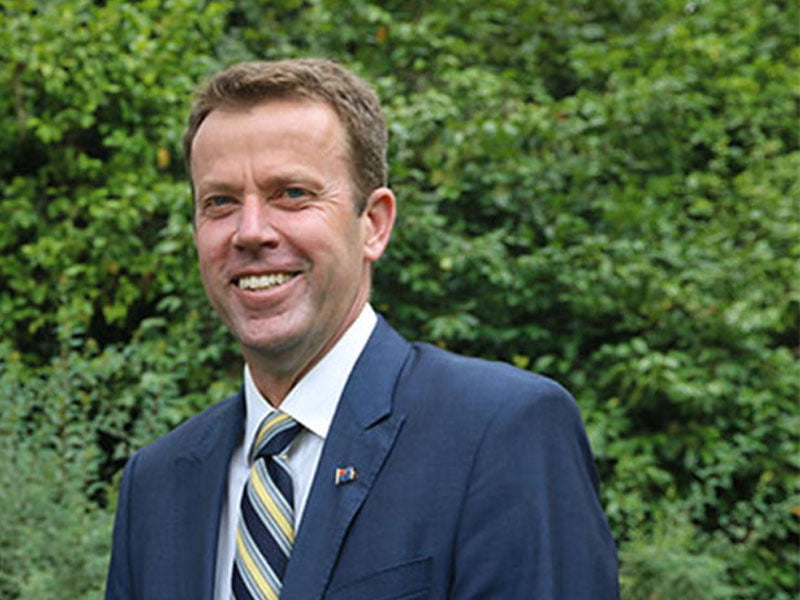Australia will not co-sponsor a waiver of COVID-19 vaccine intellectual property to improve access in developing countries, with the federal government instead opting to try to find a compromise between the opposing sides of the current global debate.
The World Trade Organisation (WTO) will meet later this month to discuss a potential waiver of the Trade-Related Aspects of Intellectual Property (TRIPS) for COVID-19 vaccine-related IP.
This would allow for the sharing of IP to increase the availability and affordability of the vaccine and other medical products in developing countries, where the vaccine rollout is lagging well behind the rest of the world.
The waiver was first proposed by India and South Africa more than a year ago and now has the support of more than 100 WTO member nations, with 64 countries to co-sponsor the waiver.
Trade minister Dan Tehan has signaled the federal government’s support for the waiver, but human rights advocates and the Opposition have been pushing for this to go further and for Australia to co-sponsor the waiver along with the nations.

But at a Senate Estimates hearing last week it was revealed that Australia will not co-sponsor the vaccine IP waiver. This has been slammed by advocates for the waiver, who branded it as an “each-way bet” by a government that is being a “passive bystander” in the global debate.
Department of Foreign Affairs first assistant secretary James Baxter told the Estimates hearing that Australia was “actively involved” with the waiver discussions and “recently intensified” its efforts, but would not co-sponsor it at the WTO.
“What we are seeking to do is to encourage the key players with the firmest position to how greater flexibility, because we are concerned that there’s a lack of convergence on the issue between the two competing camps and we’re concerned that they’re not going to reach agreement before the WTO ministerial conference at the end of November,” Mr Baxter told the Senators.
“From Australia’s point of view, the key objective is that all WTO members agree to an approach in this area.”
While the TRIPS waiver has the support of several large nations, including the US, it is being blocked by members of the European Union (EU), the United Kingdom and Switzerland.
To counter it, the EU has proposed to use “compulsory licensing” instead, but this deal has been slammed as “far too weak” and an effort to “delay and distract from moving forward with the TRIPS waiver” by Medicines Sans Frontiers.
The Coalition is looking to find a middle ground between these two proposals, Mr Baxter said.
“The government has decided that, rather than attaching itself to either proposal, it’s going to focus its efforts on encouraging the key players to find convergence,” he said.
“We have taken the view that that is a more effective way to promote an outcome that is going to be meaningful in terms of facilitating widespread access to vaccines than attaching ourselves to either one of the proposals that are on the table at the moment. That said, the government has made it very clear that we will be able to support a waiver on this issue.”
This has been met with dismay by a range of human rights organisations, under the banner of the Australian Fair Trade and Investment Network (AFTIN).
“Australia must use its influence to support the waiver for low-income countries where millions are dying while more infectious variants like Delta develop. Australia still has time to become a co-sponsor to the proposal,” AFTIN convenor Dr Patricia Ranald said.
Amnesty International Australia campaigns manager Tim O’Connor said the Australian government needs to be playing a more active role in pushing for the TRIPS waiver.
“Big pharma companies like Pfizer are set to gain more than $36 billion by the end of the year, but the Australian government continues to be a passive bystander at the WTO, seemingly unaffected by the thousands of people without access to vaccines who are dying every day,” Mr O’Connor said.
“It’s time for the Australian government to sponsor the TRIPS waiver, bring an end to the vaccine monopoly and ensure equitable access around the world.”
The federal Opposition has also previously pushed for the government to co-sponsor the waiver.
Do you know more? Contact James Riley via Email.

